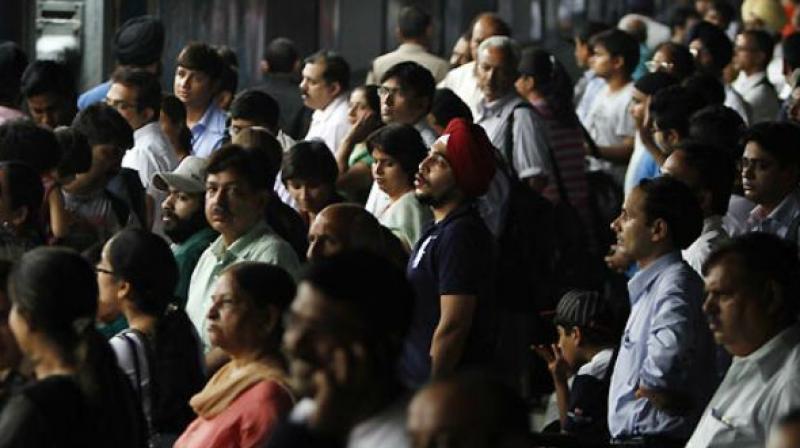Andhra Pradesh, not Kerala, model state for population control

Jaipur: For decades, Kerala has been a model state for population control. However, a leading expert on population control, Dr. Devendra Kothari begs to differ. The Harvard alumni and founder of Forum for Population Action, says “Incidents of unwanted pregnancies can be drastically reduced within a decade if couples get easy access to modern family planning methods, as done by AP during the 90s,” he said adding this feat was achieved with little outside help.
Policy makers and experts have been hailing it as a ‘role model’ for other states, attributing its achievement to high literacy rate. However, a leading expert on population control, Dr. Devendra Kothari begs to differ on both counts. A Harvard alumni and founder of Forum for Population Action, he says other states should follow Andhra Pradesh. Though, he recognises the important role of education in population control, yet he believes that accessibility can bring better success in achieving the goal of planning.
“Incidents of unwanted pregnancies can be drastically reduced within a decade if couples get easy access to modern family planning methods, as done by Andhra Pradesh during the 90s,” he said, adding that this feat was achieved with little outside help and with relatively low literacy and high poverty. On eve of the World Population Day, Dr Kothari presented some startling conclusions like this from his comparative data research and experience of working with state governments.
He said that Andhra Pradesh had a much better record than many states because it made family planning methods, particularly sterilisation, easily accessible to the people. “If literacy and prosperity were key factors in population control, then why has Rajasthan performed more poorly than the former, despite having same level of literacy and lesser poverty.” he asked, pointing to data on sterilization and ‘unmet need’ from National Family Health Survey -4.
He hailed present Chief Minister N. Chandrababu Naidu for this. Naidu had invited him to give advice on checking population growth in the state during his first tenure. “Mr Naidu identified 420 primary health centres and kept them open for 24 hours, with doctors and nursing staff available round the clock for anyone to walk in for an operation anytime,” he said. It played a vital role, as a poor person cannot afford to spare a day for his turn for operation, compared with with Rajasthan where staff is either missing or doesn’t come on time, he added.

